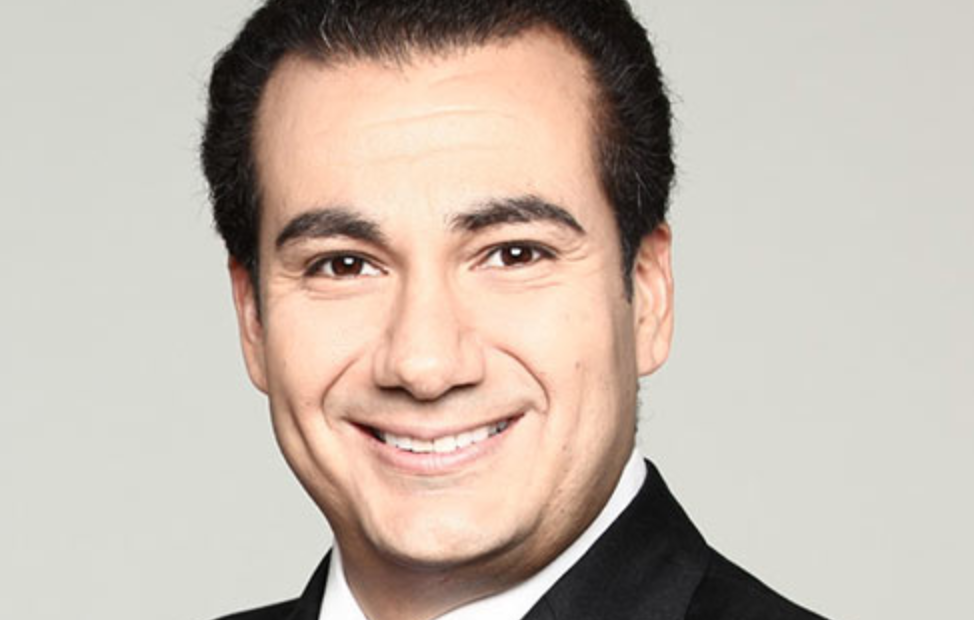Which European corporate startup investors have the biggest VC funds? Which are most focused on investing in European startups? And which have the most unicorns in their portfolio?
Sifted took a look at numbers from Dealroom to discover the trends. These were our top takeaways:
- Corporate investors love hunting in packs. Many of them have invested in the same handful of unicorn companies like Symphony, N26, Northvolt and Adani Green Energy.
- Corporate investors are lucky to have even one or two unicorns in their portfolio. Only a very few manage more.
- The biggest portfolio doesn't mean the most unicorns. Prosus has a smaller portfolio than Novo Holdings (106 investments vs 157) but more unicorns (22 vs 13). This in part reflects the fact that Novo often invests at a much earlier stage and much of its portfolio still needs time to mature. It can be difficult to measure like-for-like here.
- Some investors like Schibsted, Zurcher Kantonalbank and Banco Sabadell are highly focused on European investments. This tends to mean fewer unicorns. Zurcher Kantonalbank has just one: GetYourGuide. This may be changing as the European ecosystem matures.
- Even the most prolific European corporate investors are still investing in only a fraction of the number of companies that top US and Asian investors, like Intel Capital and Tencent, are backing.
The largest portfolios
Novo Holdings and BNP Paribas are clearly ahead of the rest in Europe. It is worth noting, however, that their portfolios look very modest compared with the most active US and Asian corporate investors. Intel Capital has a portfolio of 919 companies, GV, formerly Google Ventures, has 545, Salesforce Ventures has 380 and Tencent 323.
The most European-focused
The biggest funds are not always the biggest European champions, however. When we looked at the percentage of portfolio companies that were based in Europe, the list looked very different. Some companies like Schibsted and Zurcher Kantonalbank are almost exclusively focused on Europe, often because they have a specifically European mission.
Many other European corporations like Telefonica and ING skew heavily towards European investments, with more than two-thirds of their portfolio companies coming from the regions. Others appear to be splitting their focus between the US, Asia and Europe, with European investment accounting for around a third of their stable.
A few companies had surprisingly few European investments. SAP has just 23% of its portfolio in Europe. And in sharp contrast to Zurcher Kantonalbank's regional focus, Credit Suisse only has 20% of its portfolio companies from Europe, while UBS has an even more meagre 13%.
A focus on Europe tends to mean fewer unicorns. Schibsted, the Nordic-focused digital media and marketplace company, has none on its books. Many of the unicorns in corporate portfolios are Asian investments.
Unicorn-wranglers
When it comes to the number of unicorns — companies valued at more than $1bn — they have invested in, there is an elite group of eight: Prosus, Deutsche Bank, Barclays, BNP Paribas, Daimler, Siemens, Novo Holdings and Credit Suisse all of which have 11 or more. Prosus leads the pack with 22.
Many of the corporates have invested in the same handful of unicorns. Mukesh Ambani's Reliance Jio, the Indian challenger telecoms operator and Didi Chuxing, the Chinese ride-sharing company (which has an estimated valuation of more than €56.4bn) feature frequently in this list.
Another popular investment is Adani Green Energy, an Indian renewable energy company, which claims to be the world's largest developer of solar power plants. Adani raised $1.3bn in debt funding from 12 banks in March, and sold a 20% stake in the company to Total of France. Symphony, a Singaporean and US-based messaging platform, also has a big roster of European corporate investors, almost all of them banks.
The European unicorns that have been most popular with corporate investors include GetYourGuide, the German booking platform for travel experiences, challenger bank N26 and Swedish EV battery manufacturer Northvolt.
N26 came out of Axel Springer's Plug and Play accelerator programme in 2013 and is often mentioned as the most successful startup to have come through a corporate programme like this. Allianz X came in at the Series C round in 2018, one of a string of big bets that are paying off for Allianz, alongside Stripe, Gojek and Wealthsimple.
(Read the Sifted article on how N26 is facing a tricky time after its failed entry into the UK market caused heavy losses. )
ABB, meanwhile, was an early investor in Northvolt, followed by Vattenfall and Volkswagen.
(Read the Sifted article on what makes Northvolt so compelling here.)
Zurcher Kantonalbank was the early investor in the GeYourGuide, followed by Nokia, and most recently Deutsche Bank provided a debt facility for the group. GetYourGuide had a difficult time through the pandemic, laying off more than 100 staff. But it is now looking forward to a rebound.



